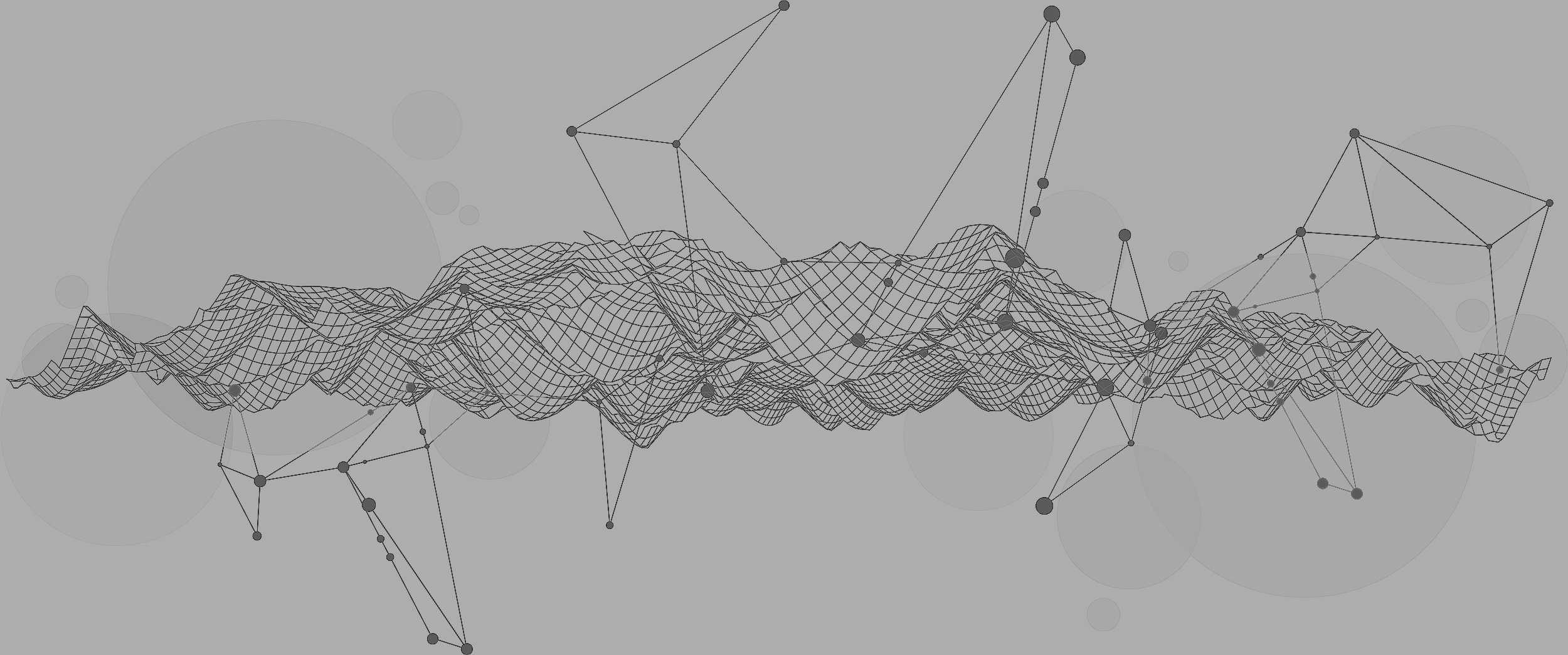Chronic Disease Management with Advanced Data Engineering
Healthcare and Life Sciences
In the realm of healthcare, precision and foresight are paramount in addressing the persistent challenge of chronic diseases. We present an innovative approach to Chronic Disease Management, harnessing the capabilities of applied data engineering, TDA and deep learning (ML) with a commitment to ongoing refinement.
Data-Driven Insight for Precision Healthcare
Data Assessment: Initiating with an extensive assessment of historical healthcare data. This includes Electronic Health Records (EHRs), patient histories, genomic information, and lifestyle data. Precision is upheld by understanding the multifaceted dynamics of chronic diseases.
Predictive Modeling: Implementing state-of-the-art ML algorithms like Random Forests and Gradient Boosting to create predictive models for identifying high-risk individuals. These models leverage features like genetic markers, lifestyle choices, and past medical history to anticipate the onset or exacerbation of chronic conditions.
Population Segmentation: Employing Clustering algorithms such as K-Means and DBSCAN to segment patient populations based on disease risk profiles. This ensures tailored interventions and resource allocation.
Dynamic Care Pathways with Deep Learning
Deep Learning Networks: Implementing Deep Neural Networks (DNNs) like Convolutional Neural Networks (CNNs) for image-based diagnosis, and Recurrent Neural Networks (RNNs) for sequence data analysis, enabling a deeper understanding of disease progression.
Real-Time Monitoring: Utilizing Long Short-Term Memory (LSTM) networks to create real-time monitoring systems that analyze patient data streams. These systems provide continuous insights, enabling immediate interventions when anomalies are detected.
Continuous Learning and Adaptation
Preempting Anomalies: Employing deep topological analysis using Persistent Homology algorithm it allows for unsupervised clustering of disease pathways and quicker detection of anomalies.
Reinforcement Learning: Employing Reinforcement Learning (RL) algorithms to allow the system to autonomously optimize care pathways in real-time. This ensures responsiveness to evolving healthcare dynamics.
Online Learning: Utilizing Online Learning techniques to enable the system to adapt to shifting disease patterns in real-time. This ensures proactive response strategies and continuous improvement.
Intelligent Disease Intervention
Personalized Treatment Plans: Tailoring treatment plans using ML-driven insights, considering individual patient factors, such as genetics, lifestyle, and previous responses to interventions.
Medication Management: Utilizing Natural Language Processing (NLP) to analyze medical literature, allowing for informed medication choices. Smart algorithms ensure precise dosages and timely reminders.
Telemedicine Integration: Incorporating Telemedicine platforms with AI-driven triage systems for early disease detection and remote monitoring.
Summary
In an ever-evolving healthcare landscape, this methodology ensures precise, personalized, and proactive care for individuals burdened by chronic diseases.

Would you like more information?
If you want to more information about this subject please get in touch with our Topology expert, who would be pleased to hear from you.
Invoke Ingenuity Data Topology Specialist
Ingenuity Framework is designed and maintained by our Data Topology team who are backed by our R&D on TDA sciences.



